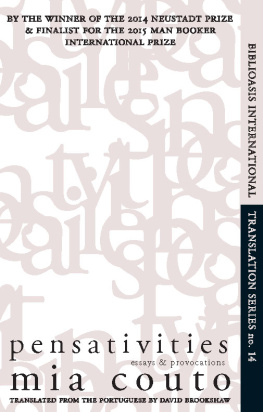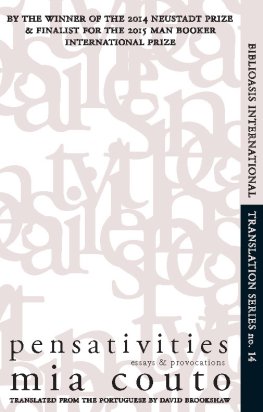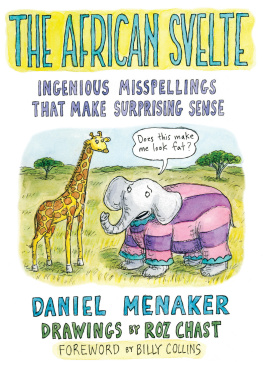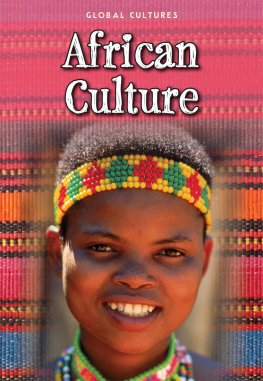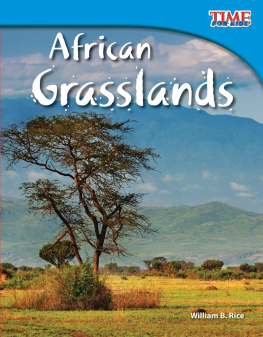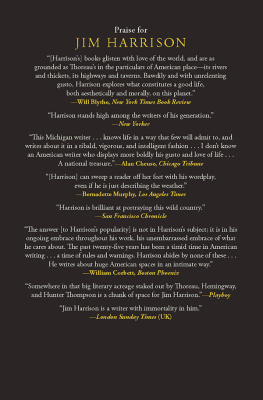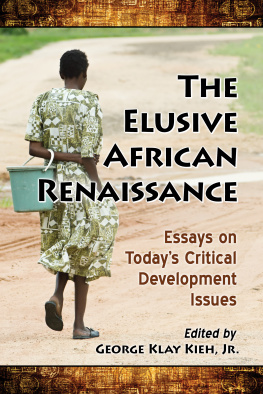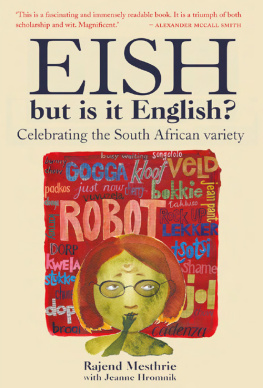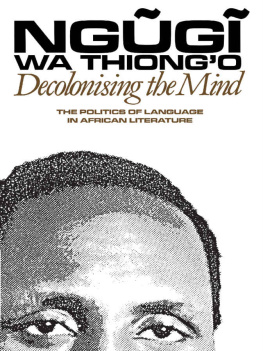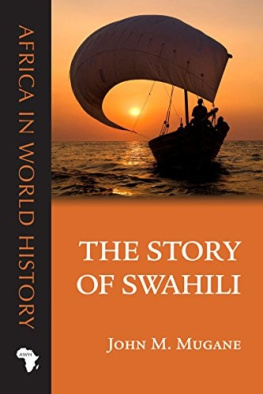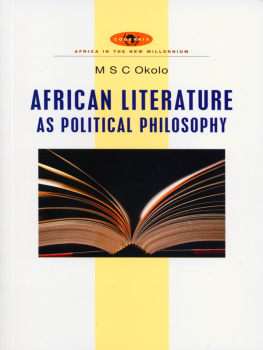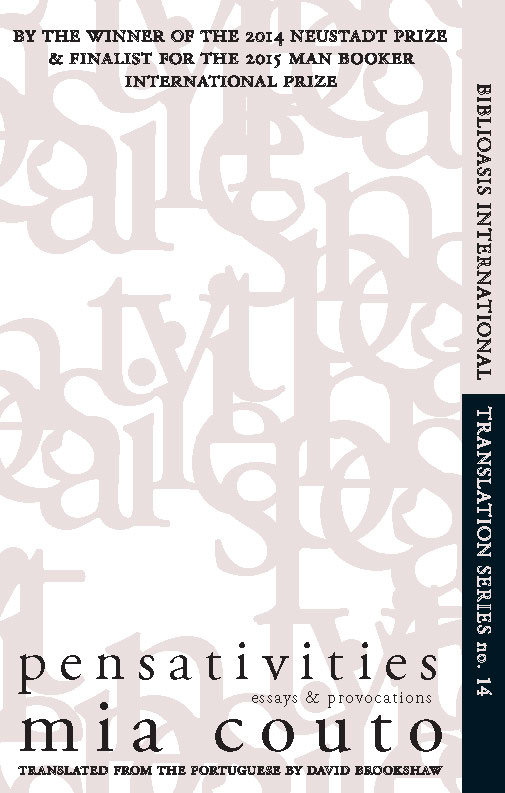Biblioasis International
Translation Series
General Editor: Stephen Henighan
Since 2007 the Biblioasis International Translation Series has been publishing exciting literature from Europe, Latin America, Africa and the minority languages of Canada. Committed to the idea that translations must come from the margins of lin guistic cultures as well as from the power centres, the Biblioasis International Translation Series is dedicated to publishing world literature in English in Canada. The editors believe that translation is the lifeblood of literature, that a language that is not in touch with other linguistic traditions loses its creative vitality, and that the worldwide spread of English makes literary translation more urgent now than ever before.
I Wrote Stone: The Selected Poetry of Ryszard Kapuciski (Poland)
Translated by Diana Kuprel and Marek Kusiba
Good Morning Comrades by Ondjaki (Angola)
Translated by Stephen Henighan
Kahn & Engelmann by Hans Eichner (Austria-Canada)
Translated by Jean M. Snook
Dance With Snakes by Horacio Castellanos Moya (El Salvador)
Translated by Lee Paula Springer
Black Alley by Mauricio Segura (Quebec)
Translated by Dawn M. Cornelio
The Accident by Mihail Sebastian (Romania)
Translated by Stephen Henighan
Love Poems by Jaime Sabines (Mexico)
Translated by Colin Carberry
The End of the Story by Liliana Heker (Argentina)
Translated by Andrea G. Labinger
The Tuner of Silences by Mia Couto (Mozambique)
Translated by David Brookshaw
For As Far as the Eye Can See by Robert Melanon (Quebec)
Translated by Judith Cowan
Eucalyptus by Mauricio Segura (Quebec)
Translated by Donald Winkler
Granma Nineteen and the Soviets Secret by Ondjaki (Angola)
Translated by Stephen Henighan
Montreal Before Spring by Robert Melanon (Quebec)
Translated by Donald McGrath
Pensativities: Essays and Provocations by Mia Couto (Mozambique)
Translated by David Brookshaw
PENSATIVITIES
Essays and Provocations
MIA COUTO
Translated from the Portuguese
by David Brookshaw
BIBLIOASIS
WINDSOR, ONTARIO
Copyright Mia Couto 2015 by arrangement with Literarische Agentur Mertin Inh. Nicole Witt e. K.. Frankfurt am Main, Germany
Translation David Brookshaw
All rights reserved. No part of this publication may be reproduced or transmitted in any form or by any means, electronic or mechanical, including photocopying, recording, or any information storage and retrieval system, without permission in writing from the publisher or a licence from The Canadian Copyright Licensing Agency (Access Copyright). For an Access Copyright licence, visit www.accesscopyright.ca or call toll free to 1-800-893-5777 .
Library and Archives Canada Cataloguing in Publication
Couto, Mia, 1955
[Essays. Selections. English]
Pensativities : essays / Mia Couto ; translated from the
Portuguese by David Brookshaw.
(Biblioasis international translation series ; no. 14)
Issued in print and electronic formats.
ISBN 978-1-77196-007-6 (paperback).ISBN 978-1-77196-006-9 (epub)
I. Brookshaw, David, translator II. Title. III. Series: Biblioasis international translation series no. ; 14
PQ9939.C68P46 2015 869.45 C2015-902799-3
C2015-902800-0
Selected by Stephen Henighan
Edited by Tara Tobler and Stephen Henighan
Copy-edited by Tara Tobler
Cover design by Kate Hargreaves
These essays are selected from collections originally published as Pensatempos: Textos de opinio , Editorial Caminho, Lisbon, Portugal, 2005; E se Obama fosse africano? e outras interinvenes , Editorial Caminho, Lisbon, 2009; and Pensageiro frequente , Editorial Caminho, Lisbon, 2010.
FIRST EDITION.


Foreword
M ia couto is Mozambiques best-known writer internationally, and his fiction now appears in more than twenty languages. His first published literary work, in 1983, was as a poet, a genre he has continued to cultivate over the years. His international readership is most familiar with his novels and short stories. Couto is also a highly respected public intellectual, who has written and spoken on a wide range of topi cal issues relating to African politics and culture. This book is designed to introduce readers of English to a selec tion of such writings, taken from three collections of essays and autobiographical texts published in Portuguese under the titles of Pensatempos (2005), E se Obama fosse africano? e outras interinvenes (2009), and Pensageiro frequente (2010).
Couto began his writing career as a journalist, serving as director of the Mozambican state news agency, and editor of a daily newspaper and a weekly news magazine in the years immediately following the independence of Mozambique in 1975. He still publishes articles in the press, and his most consistent contributions over the years have taken the shape of the crnica: a flexible form whose genre falls somewhere between that of the opinion column, the short story, and the personal anecdote, and whose tradition is highly prized in the Portuguese-speaking press.
The importance of the crnica harks back to the emergence of the press in nineteenth century. The genre enabled authors to make social or political comments on topics of popular interest, often using anecdote or the story of a per sonal experience as their starting point. In this way, serious and sometimes contentious issues could be addressed in a light-hearted, entertaining and often oblique manner, in an environment where democratic institutions and the notion of a free press were still notably fragile. Some of the most widely respected writers of fiction also wrote chronicles for the press in nineteenthth-century Portugal and Brazil. Mia Couto follows in this tradition, and his dedication to what might be considered a hybrid genre is reflected in the fact that some of his chronicles have even been included in his collections of short stories. The world of creative writing and of reportage overlap and often mesh in his work, and this is especially apparent in this collection, in pieces such as The China within Us, Land of Water and Rain, and A Boat in the Sky over Munhava, which contain anecdote, poetic childhood memories, and implied topical comment. They invite us to ponder on the complexities of identity, the contrasts between urban and rural life in a devel oping country like Mozambique, and the challenges of nature conservation. Indeed, ecological issues are a frequent topic in Mia Coutos essays, as he trained as a biologist, and works in the field of ecological conservation.
In addition to crnicas , this collection contains a wide range of Mia Coutos speeches, lectures, and talks . These texts give us his thoughts on African literature and culture, the erroneous views that many in the West have of Africa, and the nefarious effects such views have on the mentalities of emerging elites on the continent. (One such effect includes the spread of what he calls developmentalese, a linguistic and cultural depenendce on outsiders prescriptions for development. Couto contends that a younger generation of Africans must overcome this submissiveness to western perceptions, and to do so by finding their own solutions to issues of culture, economics, social opportunity and equality, or natural conservation. Two of the texts also discuss the influence of Brazilian literature on authors of his generation, as Brazilian writers from the mid-twentieth century had adapted the Portuguese language to better reflect their cultural and linguistic diversity. Mozambican writers from the 1960s to the 1980s took that strategy as a model through which to explore African realities. At the same time, a recurring theme in these essays is Coutos rejection of essentialist views of identity, and of so-called African authenticity. For Couto, identity is fluid, prone to change, and above all a narrative, he believes that, Africans should accept their cultural hybridity as a creative force and an expression of their own contribution to modernity.

